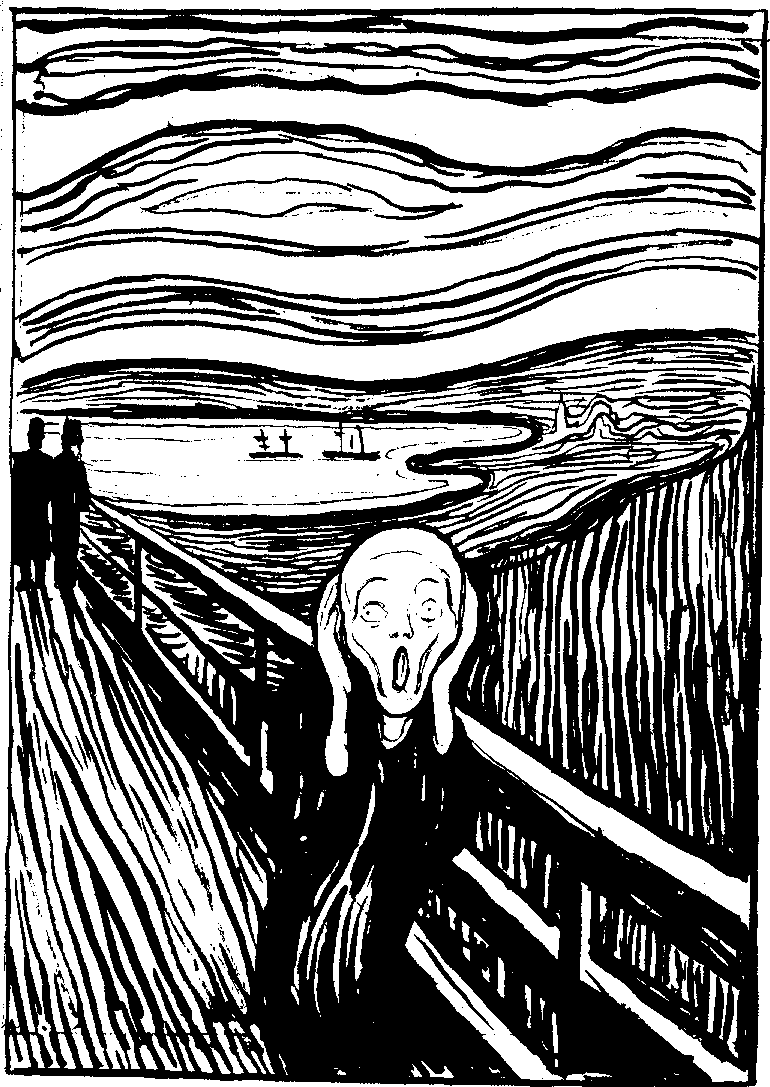"It has long been known that Muslims constitute the proverbial public enemy number one for right-wing populists across the Western world. What is new and relatively unprecedented in the Norwegian context, however, is the active embrace and instrumentalization of what Rogers Brubaker has referred to as “Christianist secularism” by Norwegian populist right-wingers in government. Given that Norway happens to be among the most secularized countries on earth by any standard measure developed by classical secularization theory (with steadily declining Christian church membership, attendance, and baptism), what Norwegian populist right-wingers offer is, of course, a culturalized Christianity largely devoid of any substantive content relating to faith."
Latest posts
From Jefferson to Jeffersonian battles
 by
Nadia Marzouki
by
Nadia Marzouki
Among the scholars who have most inspired my work as a political scientist are multiple historians—whether intellectual, legal, or religious. From James Kloppenberg and Samuel Moyn, to Anver Emon and Patrick Boucheron, scholars of history have offered some of the most rigorous and original contributions to ongoing debates about democracy and religious freedom. History avoids the pitfalls that often characterize other disciplines, especially mine, including an excessive focus on the present and on refined quibbles about methods and positionality, sometimes at the expense of relevance. Denise Spellberg’s Thomas Jefferson’s Quran is one of the most significant illustrations of the need for more history in current academic and political disputes about secularism and citizenship. Hers is not a history of the supposedly linear process of integration of American Muslims. In lieu of the traditional “from migrants to citizens” narrative, Spellberg argues that Muslims were thought of as citizens by the Founding Fathers themselves. The estrangement of Muslims from the American nation and the construction of Muslims as foreigners are products of later developments of the nineteenth century.
From the Founders to Trump: The legalities of “Muslims”
 by
Anver Emon
by
Anver Emon
Writing about the image of the “Muslim” at America’s founding, Denise Spellberg writes how debates on religious tests for office were informed by European ideas about Muslims. As Spellberg points out, the delegates debating religious tests relied on ideas about Muslims that “had been filtered through a complex web of associations both foreign and frightening, as attested by their persistent allusions to Islam as a civilization of threat." Without irony, slave-holding delegates debating religious tests construed the “Muslim” and the “Islamic” by reference to “Ottoman despotism or the predations of the four pirate states of North Africa,” despite the likelihood that “they themselves may have lived in proximity to real Muslims of West African origin, for whom they were the oppressors." The Founding Fathers who debated the hypothetical of a Muslim president of the United States relied on inherited images of the “Muslim” as foreign, distant, and threatening, despite the fact that Muslims worked as slaves for those same men. This irony continues to haunt me today, as I reflect on Islam as imagined by medieval Europeans at the same time that I watch the Trump administration construe the “Muslim” and the “Islamic." Today’s irony, though, takes on different aspects in the two executive orders that are characterized as Muslim bans, an irony with a long, distant pedigree.
Muslim fears and Muslim rights
 by
Nerina Rustomji
by
Nerina Rustomji
Muslims played a crucial role in determining the full extent of religious liberty in the early history of the United States of America. Even though the founders did not know any actual Muslims, the figure of a Muslim represented two ideas about authority and belonging. The first idea drew upon European fears of Islamic authority. For Americans who were familiar with Enlightenment texts, Muslims, and particularly Turks, supported despotism and enslavement, and it was believed that if the United States did not stamp out monarchical tendencies, then it was in danger of replicating tyrannical systems represented by the Ottoman Empire. The second idea celebrated the promise of civic rights by including hypothetical Muslims as potential citizens and office-bearers of the United States. Denise Spellberg's book Thomas Jefferson's Qur'an: Islam and the Founders demonstrates that fear of Muslims may have played a role in American cultural perceptions of the world, but it was the second idea about rights of Muslims that guided the founders as they built a government based on religious liberty.
UCSIA Summer School: Religion, Culture, and Society
by Olivia WhitenerThis is a call for applications for the 2017 UCSIA Summer School on “Religion, Culture, and Society: Entanglement and Confrontation." This summer school is a one-week course taking place from Sunday, August 27, 2017 until Saturday, September 2, 2017 at the University Center Saint-Ignatius Antwerp, University of Antwerp, Belgium. This year the program will focus on the topic "Between Market, State, and Religion: Economic Realities, Social Justice, and Faith Traditions." The UCSIA Summer School brings together a multidisciplinary and international group of 30 PhD students and postdoctoral scholars. Participation and stay for young scholars and researchers are free of charge, but participants should pay for their own travel expenses to Antwerp. You can submit your application via the electronic submission form on the summer school website. The completed file as well as all other required application documents must be submitted to the UCSIA selection committee no later than Sunday, May 14, 2017.
Understanding the president’s reality: Our unconscious, not his
 by
Judith Gurewich
by
Judith Gurewich
The matter of the love-hate relationship between psychoanalysis and public life has an unexpected link to the complexities of secularism in the United States. Officially, psychoanalysis has been dismissed as a mode of inquiry into the issues of public life and especially into the states of mind of its actors. This is the result of the famous Goldwater Rule, introduced into the ethics code of the American Psychiatric Association following the 1964 presidential election, when analysts had the temerity to “diagnose” Barry Goldwater without the benefit of having him on their couches.














